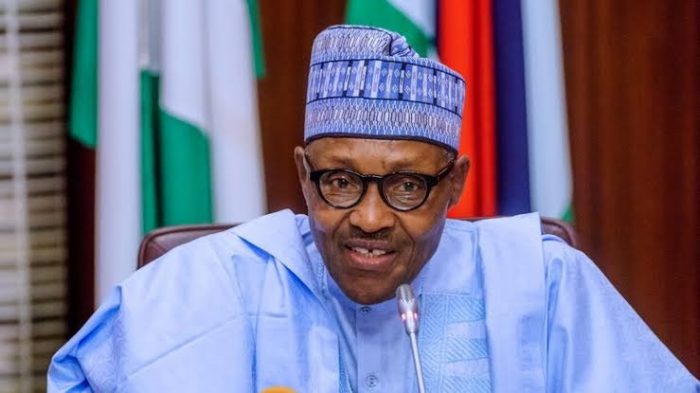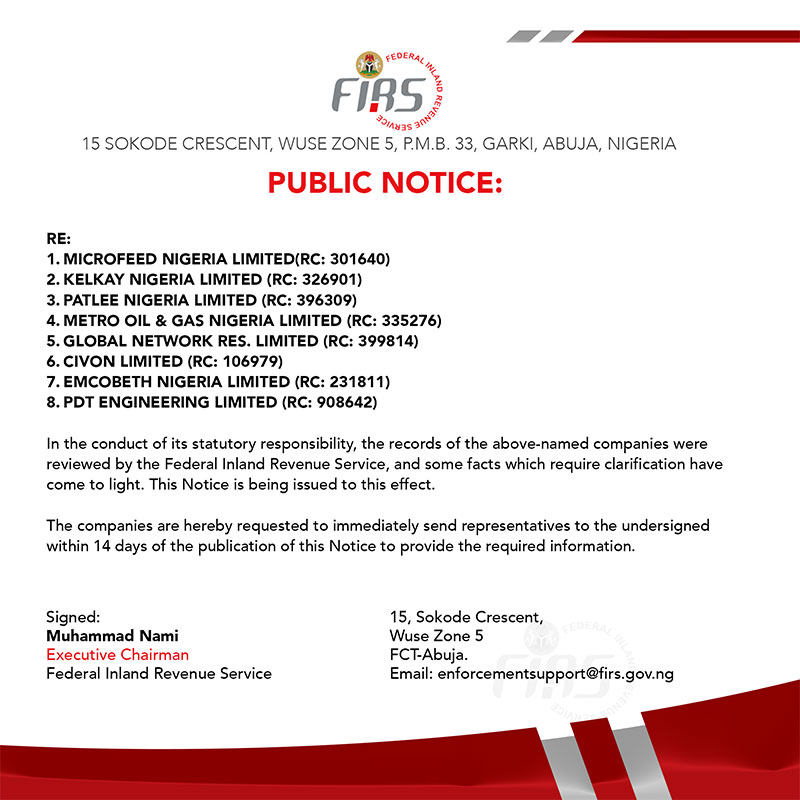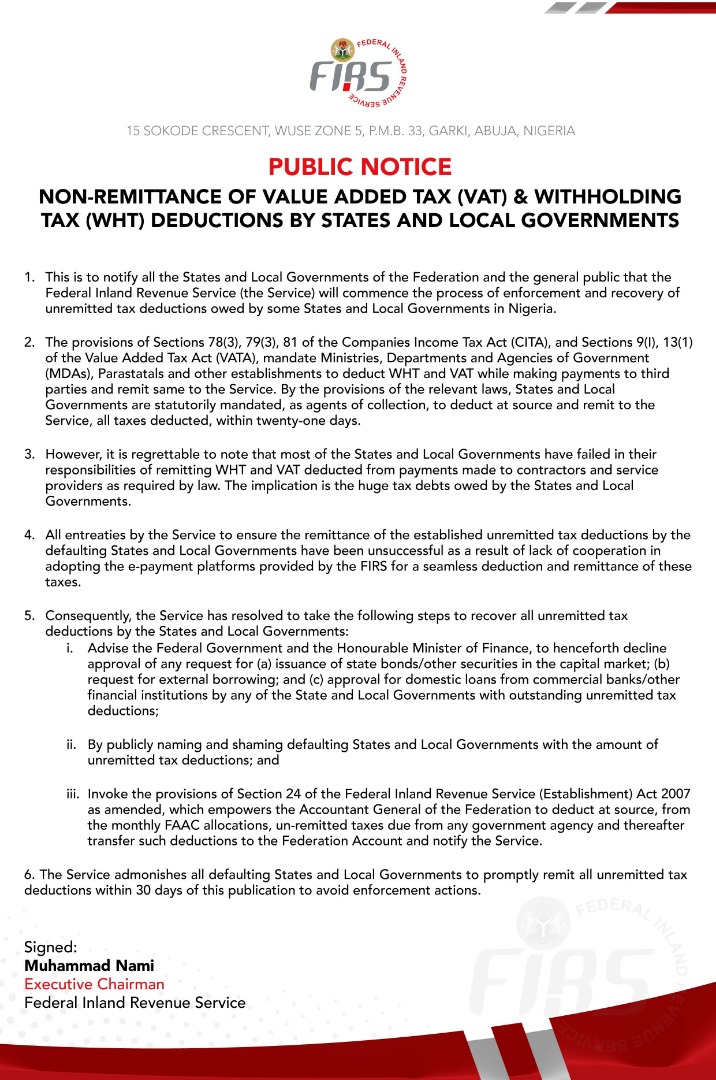The federal government has cut down the 2020 budget by over N320 billion and proposed a new budget of N10.27 trillion against the N10.59 trillion passed by the national assembly.
This is based on the global economic realities as a result of the coronavirus pandemic as well as recent crisis in the oil market.
The new budget proposal has been sent to the national assembly for consideration and passage, Punch newspaper reports, detailing the content of the proposal.
The new budget proposal reduces the oil benchmark from $57 per barrel to $30 per barrel while the oil production volume was reduced from 2.18 million barrels to 1.70 million barrels, the newspaper reports.
The revenue projection for the 2020 budget was also reduced by N3.3 trillion (about 39 per cent) from the initially approved amount of N8.41 trillion to N5.08 trillion.
The exchange rate was, however, increased from N305 to N360 to a dollar. This is based on the devaluation of the naira by the Central Bank of Nigeria.
More details of the budget
Based on the new proposed budget, statutory transfers (a category into which the National Assembly budget falls), were cut by N152.67 billion from N560.47 billion to N407.8 billion.
Capital expenditure was reduced by N155 billion from N2.78 trillion to N2.62 trillion while recurrent expenditure was reduced by N25 billion from N4.49 billion to N4.46 billion.
The fiscal deficit increased from N2.2 trillion to N5.18 trillion – which is not unrelated to the drop in revenue.
According to the proposal, the fiscal deficit is expected to be financed through fresh borrowing of N4.43 trillion as against the initial borrowing plan of N1.59 trillion.
The budget further shows that oil revenue suffered the highest reduction of N2.38 trillion from the initial approved amount of N2.63 trillion to N254.25 billion.
Dividend from the NLNG was reduced from N124.26 billion to N80.37 billion while non-oil revenue declined from N1.8 trillion to N1.53 trillion.
In the same vein, revenue projection from signature bonus was revised downward from N939.3 billion to N568.68 billion, while revenue from stamp duty was reduced from N463.94 billion to N200 billion.
However, independent revenue from agencies of government was increased from N849.96 billion to N916.84 billion.
This comes weeks after the Senate joint committee on finance, appropriations, national planning and petroleum resources (upstream), in an interim report, called for a review of the budget.
The finance minister, Zainab Ahmad, also expressed a similar view.
President Muhammadu Buhari, in December 2019, signed a N10.50 trillion 2020 national budget. In the budget, Nigeria pegged oil production at 2.18 million barrels per day, with a price benchmark of $57 per barrel.
Nigeria has since reduced the retail price of petrol by N20 to N125 per litre following the recent sharp decline in the global price of crude oil as a result of the impact of the coronavirus pandemic.
With the further drop of the crude oil price at the international market, the petrol price was again adjusted to N123.50 per litre last week.
With the review of the 2020 budget, it is hoped that the government will be able to finance the budget without the economy plunging into recession.
Both Chambers of the national assembly are expected to consider and pass the proposed budget during plenary. The lawmakers had postponed resumption to adhere to the lockdown directive from the president.
It is not clear if there will be an emergency sitting for the consideration and passage of the reviewed budget.
- Premium Times






























